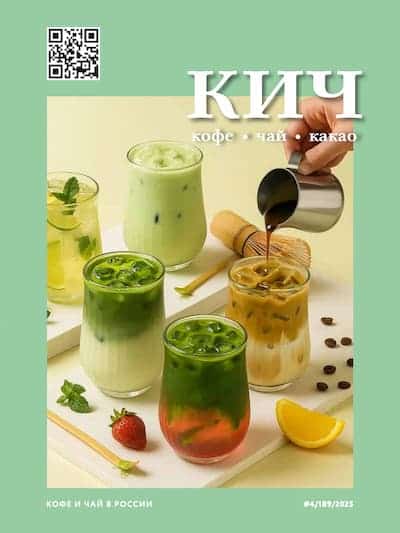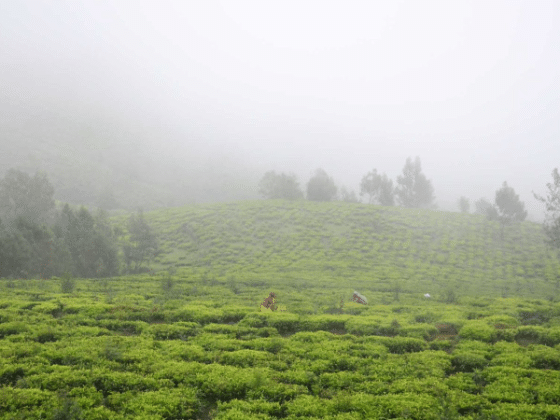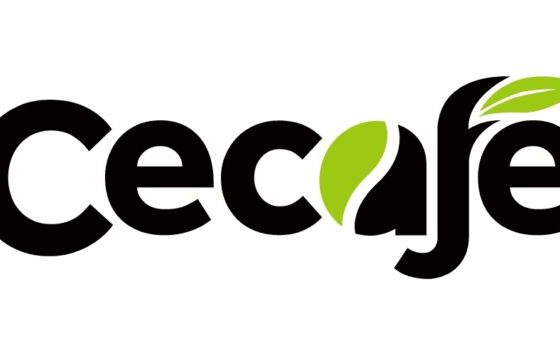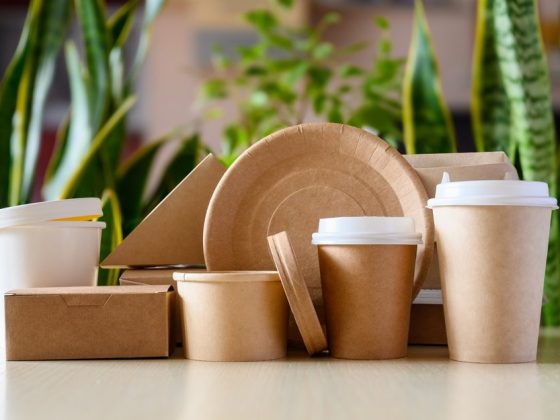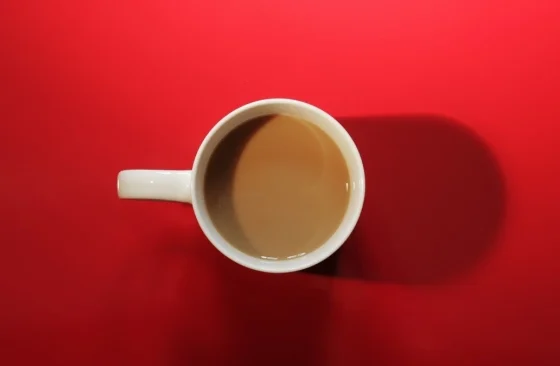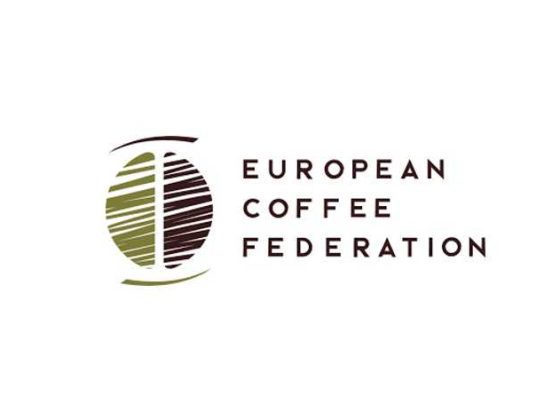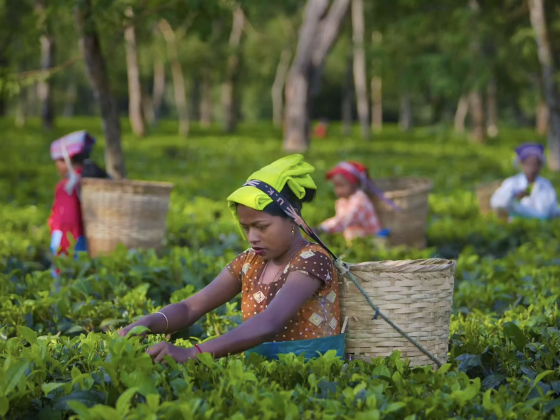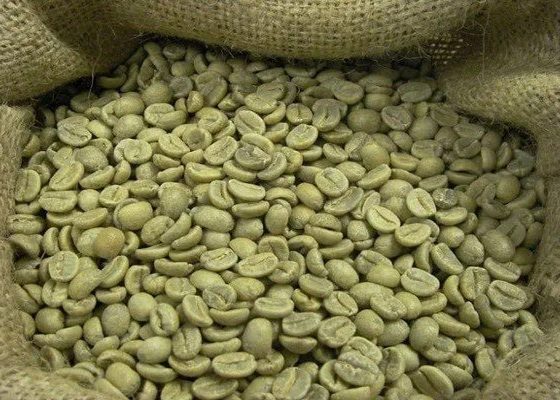Trading at the weekly tea auction in Mombasa will resume this morning (Wednesday) after industry players struck a deal with government on a controversial tax on exports.
The Ministry of Agriculture and the East Africa Tea Trade Association (EATTA) which runs the auction agreed on Tuesday that the recently-introduced levy will be charged at one per cent of the hammer price instead of the total customs value of exported tea as the government had intended.
«Only the tea cost will be levied at a rate of one per cent,» EATTA chairman Peter Kimanga said, adding that primary and secondary sales would be held on Wednesday and Thursday, respectively.
Traditionally secondary grade teas are sold at auction on Mondays while the main grades are sold on every Tuesday of the week.
Proceeds from the levy introduced last month are meant to fund tea regulators —the Tea Research Foundation of Kenya and the Tea Board of Kenya—and programmes to improve infrastructure in the sector.
Traders said charging the levy on the total customs value of tea would make Kenya tea uncompetitive in the export market.
The customs value is usually higher than the hammer price because of other associated costs that are paid by tea buyers.
«There are lots of add-on costs that result from packaging materials and other services provided for the buyers as a result of specific customer requirements,» EATTA said.
The association had also opposed the new levy due to the existing and running forward contracts.
«These forward contracts have prices already negotiated and pre-agreed. Implementation of the levy will lead to massive losses to suppliers who have already tied volumes at fixed prices for the next six-12 months,» said EATTA on Monday.
But Agriculture Permanent Secretary Romano Kiome said the traders misunderstood the Government’s intentions.
«We stuck to the words customs value because what the traders call hammer prices is not in our Customs Act or even the Tea Act. From the onset we made it clear to them that the cost of added value would not be factored into the levy,» he said.
The traders cancelled two auctions scheduled for Monday and yesterday as talks continued with the Agriculture ministry.
The resumption of trading is expected to bring relief both to traders and government since tea exports fetched an average of Sh160 million in foreign exchange every week.
A lengthy suspension of trade would have meant lost earnings for growers while the shilling would also have come under pressure from stifled in-flow of dollars from the sale of tea abroad.
The resumption of trade also provides a breather to traders who have since late last year suffered a twin blow from congestion at the port of Mombasa and a drop in volume of crop offered for sale at the auction due to dry weather conditions that affected production in the region as well as frost in some growing areas in Kenya.
Traders said the hitches in clearance of cargo through the port of Mombasa have affected demand from buyers.
The port of Mombasa is currently experiencing cargo congestion which KPA attributed to lack of space following delays by importers and clearing agents to collect their containers from the port and the various container freight stations (CFS) in good time.
Kenya last year earned a record Sh109 billion from tea exports despite a drop in volumes, thanks to high prices and a weaker local currency against the dollar.
The country produced 377 million kilogrammes last year, down five per cent from 399 million kilogrammes in the previous period, when it had earned Sh97 billion from the crop.
Source: allafrica.com/stories/201202290105.html
